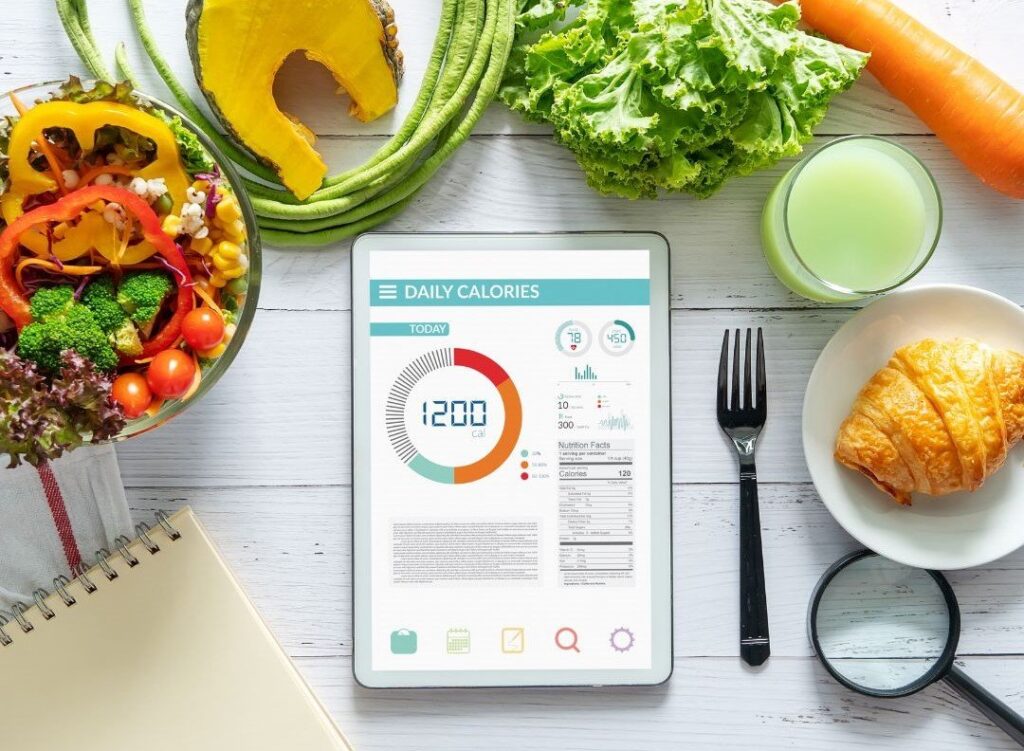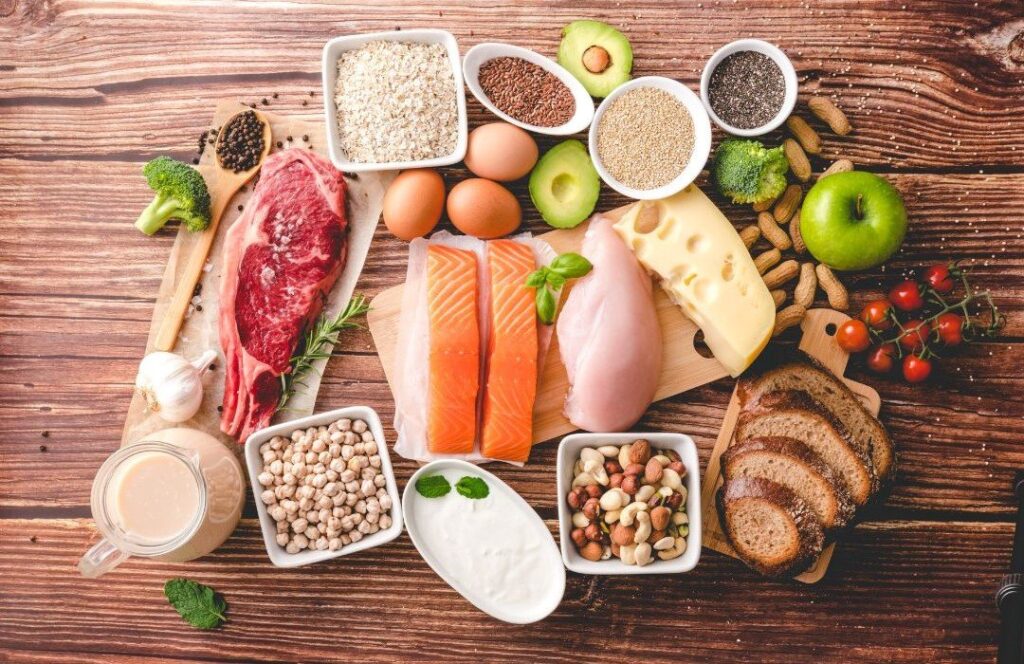Exciting read for anyone on a weight loss journey! Understanding how different foods impact your body can revolutionize your health and weight management.
How to Unlock the Secrets to Weight Loss and Why Quality of Calories Matters More Than Quantity

Hey there! If you’ve ever felt confused about weight loss, you’re not alone. There’s a ton of advice out there, and it can be hard to know what really works. Today, we’re going to simplify things and focus on a key principle: not all calories are created equal. Understanding this can be a game-changer for your health and weight loss journey!
For a long time, we were told that losing weight is all about eating fewer calories than we burn. While there’s some truth to this, it’s not the whole story. Imagine comparing a 100-calorie apple to a 100-calorie candy bar. Even though they have the same number of calories, your body processes them very differently.
The Science of Calories: Not All Are Equal
Let’s break down some key points to understand why the type of calorie matters:

Fiber and Absorption
Foods high in fibre, like almonds, don’t get fully absorbed by your body. This is because fibre reduces the number of calories your body can actually use. Plus, fibre feeds the good bacteria in your gut, turning into beneficial compounds that help your body in other ways.
Protein's Power
Proteins take more energy to digest than carbs or fats. This means that when you eat protein, your body burns more calories just processing it. This is known as the “thermic effect of food.” So, while a 200-calorie piece of chicken and a 200-calorie doughnut have the same calories, your body will use more energy to digest the chicken, giving you fewer net calories.
Types of Fats
Not all fats are bad. Omega-3 fatty acids, found in fish and flaxseeds, are super beneficial for your heart and brain. On the flip side, trans fats, often found in processed foods such as fried foods, baked goods and non-dairy creamers, are harmful and contribute to chronic diseases. They both have the same calorie content but vastly different effects on your health.
Glucose vs. Fructose
Carbohydrates are not all created equal either. Glucose is essential and your body needs it for energy. However, fructose, especially from processed foods, can be harmful. Some examples of foods containing fructose are: fast food chains, energy drinks, canies and canned food. Unlike glucose, fructose is processed in the liver and can lead to fat buildup and insulin resistance, contributing to metabolic diseases. It also takes the body much longer to process, which can lead to obesity and hypertension.
Why Understanding This Matters
Knowing how different foods impact your body can help you make better choices. Here’s why this knowledge is beneficial:

different foods impact your body
- Better Weight Management: By choosing foods that are harder for your body to process, like proteins and high-fiber options, you can naturally burn more calories and manage your weight more effectively.
- Improved Health: Reducing intake of harmful fats and sugars, especially fructose from processed foods, can lower your risk of chronic diseases like diabetes and heart disease.
- Enhanced Energy Levels: Eating whole, nutrient-dense foods helps maintain stable blood sugar levels, giving you more consistent energy throughout the day.
Simple Steps to Get Started
- Focus on Whole Foods: Aim to eat more fruits, vegetables, lean proteins, and whole grains. These foods are packed with nutrients and fiber.
- Watch Your Fats: Include healthy fats like those from avocados, nuts, and fish, and avoid trans fats found in many processed foods.
- Limit Processed Sugars: Try to cut back on foods high in added sugars, especially those with high fructose corn syrup. Yes, even that creamer you love in the morning more than likely has this. While writing this article, I’m enjoying my cup of cream filled coffee, so I’m making a change tomorrow to only add a natural creamer with no artificial sweetener. Wish me luck!
Takeaway
By focusing on the quality of the calories you consume, rather than just the quantity, you can improve your overall health and make your weight loss journey more effective. Remember, it’s not just about eating less but eating whole foods free of additives. Making these small, specific daily changes will lead to significant health results over time.
Stay healthy and happy!
References:
- Harvard Health Publishing: Understanding the Science of Calories
- National Institutes of Health: Dietary Guidelines
- Journal of Nutrition: Effects of Dietary Fiber on Health


